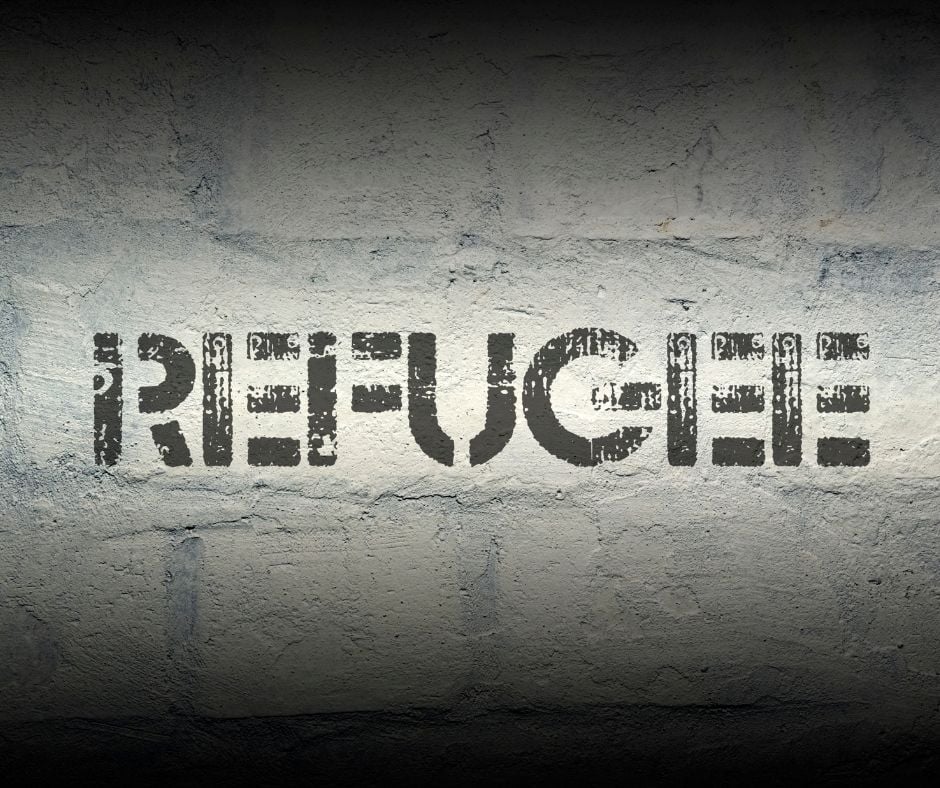Deadline: 31-Aug-2025
The United Nations High Commissioner for Refugees (UNHCR) has announced an open call for the Comprehensive Primary Healthcare Project for Rohingya Refugees. This initiative aims to strengthen healthcare services for refugees living in Bangladesh, particularly in Cox’s Bazar and Bhasan Char.
Due to the encampment policy, a separate health system has been set up within the refugee camps. Meanwhile, the local healthcare infrastructure remains overstretched and under-resourced. The 2025 Public Health Needs Assessment has identified several key priorities: continued delivery of primary healthcare (including immunisation, NCDs, mental health, and medical referrals with transport), disease control and treatment, expansion of secondary healthcare, emergency preparedness, and enhanced community health services.
Early findings from the 2024 Standardised Expanded Nutrition Survey (SENS) show progress in refugee nutrition, largely due to the reinstatement of WFP food rations to USD 12.5 per person/month. However, funding cuts continue to threaten food security and overall well-being, as refugees heavily rely on humanitarian aid. Without opportunities for self-reliance, any reduction in aid directly impacts nutrition levels.
UNHCR has a long-standing presence in the Health and Nutrition Sectors in Cox’s Bazar and leads these efforts in Bhasan Char. It works alongside a broad network of operational partners and donors. In the face of funding constraints, UNHCR is advocating for the inclusion of qualified NGO partners in service delivery under its supervision. It also plans to streamline health and nutrition activities through strategic adjustments and cost-sharing measures, such as health cards, co-located facilities, and collaborative initiatives with other UN agencies.
UNHCR continues to emphasize the inclusion of refugees in national health systems to promote sustainability. Mental health and psychosocial support (MHPSS) remains a core priority due to its strong connection with protection services.
The project focuses on the Health and Nutrition sectors, aiming to create safe and healthy environments for displaced people and strengthen their ability to recover from disasters. By 2029, the expected impact includes improved access to healthcare, greater community participation, and enhanced resilience among refugees.
Key outputs include the provision of primary healthcare and MHPSS through integrated facilities and the implementation and monitoring of acute malnutrition management programmes. The project will be carried out in Bangladesh, specifically in the Chittagong region.
For more information, visit UN Partner Portal.
